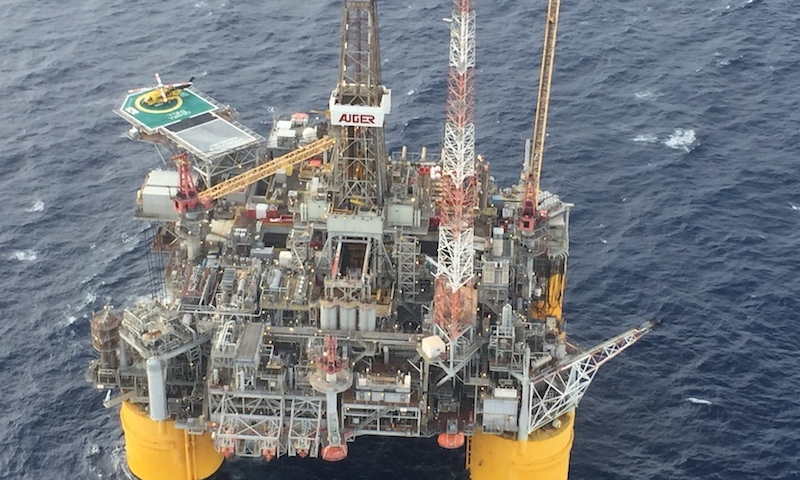
Royal Dutch Shell still sees abundant opportunity to make money from oil and gas in coming decades even as investors and governments increase pressure on energy companies over climate change, its chief executive said.
But in an interview with Reuters, Ben van Beurden expressed concern that some shareholders could abandon the world’s second-largest listed energy company due partly to what he called the “demonisation†of oil and gas and “unjustified†worries that its business model was unsustainable.
The 61-year-old Dutch executive in recent years became one of the sector’s most prominent voices advocating action over global warming in the wake of the 2015 Paris climate agreement.
Shell, which supplies around 3% of the world’s energy, set out in 2017 a plan to halve the intensity of its greenhouse emissions by the middle of the century, based in large part on building one of the world’s biggest power businesses.
Still, the amount of carbon dioxide emitted from Shell’s operations and the products it sells rose by 2.5% between 2017 and 2018.
A defiant van Beurden rejected a rising chorus from climate activists and parts of the investor community to transform radically the 112-year-old Anglo-Dutch company’s traditional business model.
“Despite what a lot of activists say, it is entirely legitimate to invest in oil and gas because the world demands it,†van Beurden said.
“We have no choice†but to invest in long-life projects, he added.
Shell and its peers have long insisted that switching away from oil and gas to cleaner sources of energy will take decades as demand for transport and plastics continues to grow. Investors have warned, however, that oil companies often rely on forecasts that underestimate the pace of change.
Shell plans to greenlight more than 35 new oil and gas projects by 2025, according to an investor presentation from June.
Oil and gas remain the backbone of profits for Shell, the largest listed company on London’s main FTSE index.
While oil and gas account for the entirety of Shell’s free cashflow today, it foresees a gradual diversification over the next two decades. Oil and gas are each still expected to provide a third of free cashflow, however, with the rest coming from power and chemicals.Â
Many oil and gas projects such as gas-processing plants, deepwater platforms or chemical plants take billions of dollars to develop and operate for decades.
“RED HERRINGâ€
Shell, like many rivals, has become more selective in its investments as the outlook for oil prices and demand remains unclear. It targets new projects that can be profitable at oil prices of $20 to $30 a barrel and which emit relatively low greenhouse emissions. Oil is trading at around $60 a barrel.
“We can sustain an upstream portfolio all the way into the 2030s if there is an economic rationale for doing that and a societal rationale for doing that,†van Beurden said.
“Fortunately enough, we have more of those than we have money to spend on them.â€
Van Beurden rejected as a “red herring†arguments that Shell’s oil and gas reserves, which can sustain its current production for around eight years, would be economically unviable, or stranded, in the future.
A lack of investment in oil and gas projects could lead to a supply shortage and result in price spikes, he said.
“One of the bigger risks is not so much that we will become dinosaurs because we are still investing in oil and gas when there is no need for it anymore. A bigger risk is prematurely turning your back on oil and gas.â€
Shell plans to increase its annual spending to around $32 billion by 2025 from the current $25 billion, with up to one tenth allocated to renewables and the power business.
The company, the world’s largest dividend payer, plans to return $125 billion to shareholders in the five years to 2025.
On liquefied natural gas, of which Shell is the world’s biggest trader, van Beurden said the market would exhibit oversupply in the near term. “But (LNG) demand will continue to grow at a pace that is roughly four times that of oil,†he said.
Read the rest of the story here
Source: Reuters
Check out our other current stories!


